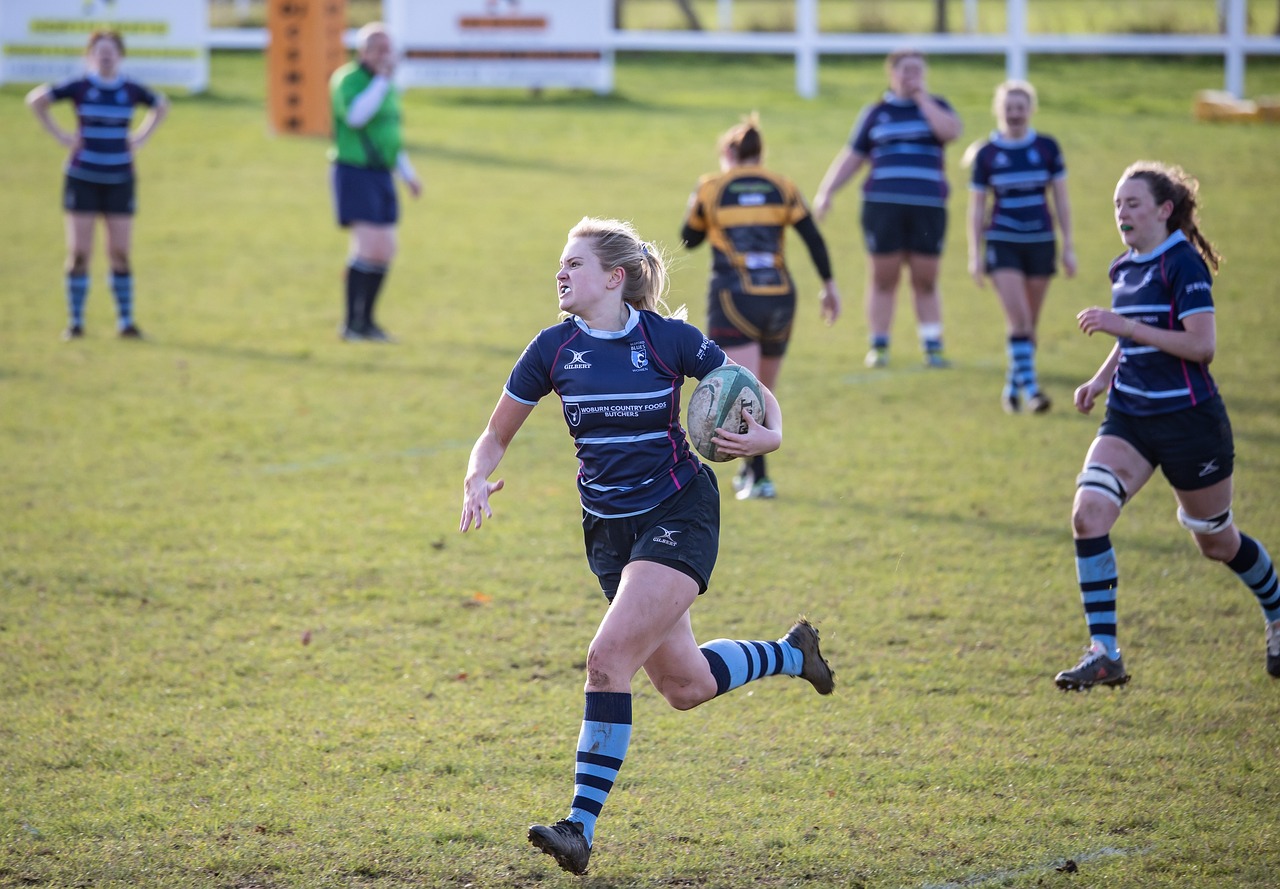George Ford’s drop goal narrowly missed the target, a moment that encapsulated the tension of the match. At 62 minutes in, with England holding an eight-point lead, it seemed prudent to tighten their strategy rather than take unnecessary risks. However, coach Steve Borthwick opted to replace fly-half Marcus Smith, who had been instrumental in scoring England’s only try, bringing on George Ford—a veteran with 97 caps and a key figure in the team’s World Cup triumph over Argentina.
Yet as the final whistle blew, this decision came under scrutiny. England relinquished their momentum and territory, allowing New Zealand to score ten unanswered points in the last quarter. Ford missed two critical kicks—a penalty and a drop goal—that could have secured victory for England. Having been sidelined for over a month due to a quad injury, Ford was not fully prepared for this high-stakes situation. Smith was performing well and should have remained on the pitch as the game reached its climax.
While this narrative is easy to construct, Borthwick and his staff understand that there were multiple factors contributing to this latest defeat. Recency bias often skews perceptions of a game, but when reviewed thoroughly, it becomes evident that England’s defensive lapses played a significant role. The new defense coach Joe El-Abd will likely point out the gaps that allowed New Zealand to score from two blind-side attacks.
England’s bench strength also faltered; the six replacement forwards struggled against referee Angus Gardner’s decisions at scrums and breakdowns. Furthermore, England lacked an offensive threat aside from Smith’s clever intercepts, which meant they were always vulnerable to a late surge from New Zealand.
In contrast to Ford’s performance, Smith also missed two drop-goal attempts that were far less effective than Ford’s effort. Unfortunately for Ford, he was unable to stop Mark Tele’a during a decisive play that led to a New Zealand try.
Despite these challenges, there were bright spots for England; Smith delivered an impressive performance overall, and the back five showed determination against New Zealand. However, their lack of victories leaves them with little room for error moving forward. Borthwick acknowledged this harsh reality but emphasized positive developments within the team.
With upcoming matches against Australia and South Africa on the horizon, England will need to address various issues if they hope to avoid more disappointing outcomes this autumn.


